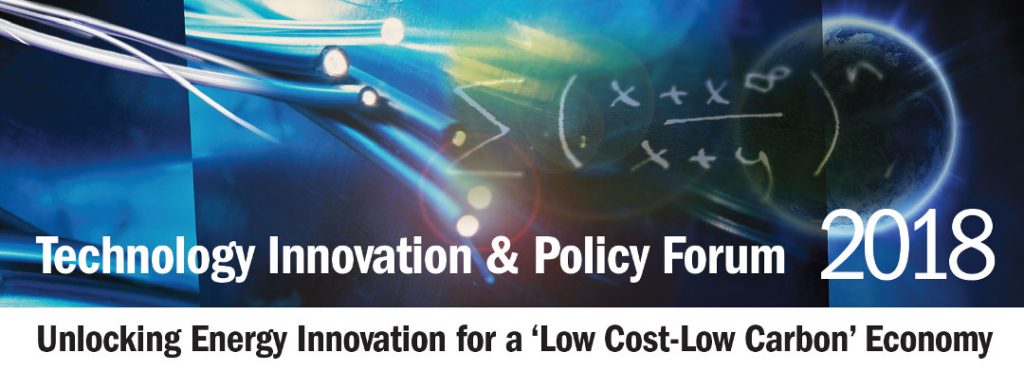
The Council for Clean & Reliable Energy (CCRE) in partnership with the Waterloo Institute for Sustainable Energy, a leading Canadian innovation centre at the University of Waterloo, hosted its third annual Technology Innovation and Policy Forum on Wednesday, November 7, 2018. This important event brought together policy makers, technology innovators, leading researchers, and entrepreneurs.
Forum Goals and Objectives:
- Our goal was to explore the effect of emerging technologies on the distribution sector business models.
- The Forum was comprised of panel presentations by leading industry, government, and academia, with extensive opportunities for networking.
- The Forum addressed the alignment of energy policy and the need to foster innovation to achieve a low carbon economy.
The Forum:
- Explored investment opportunities for technology developers and small to medium size enterprises (SMEs) as new business models emerge in response to disruptive technologies.
- Focused on distributed energy resources to improve performance and resilience of the distribution network.
- Fostered research partnerships between academia, industry, utilities, and government to strengthen the eco-system for innovation and entrepreneurship.
- Addressed regulatory and energy policy issues in the context of sector modernization.
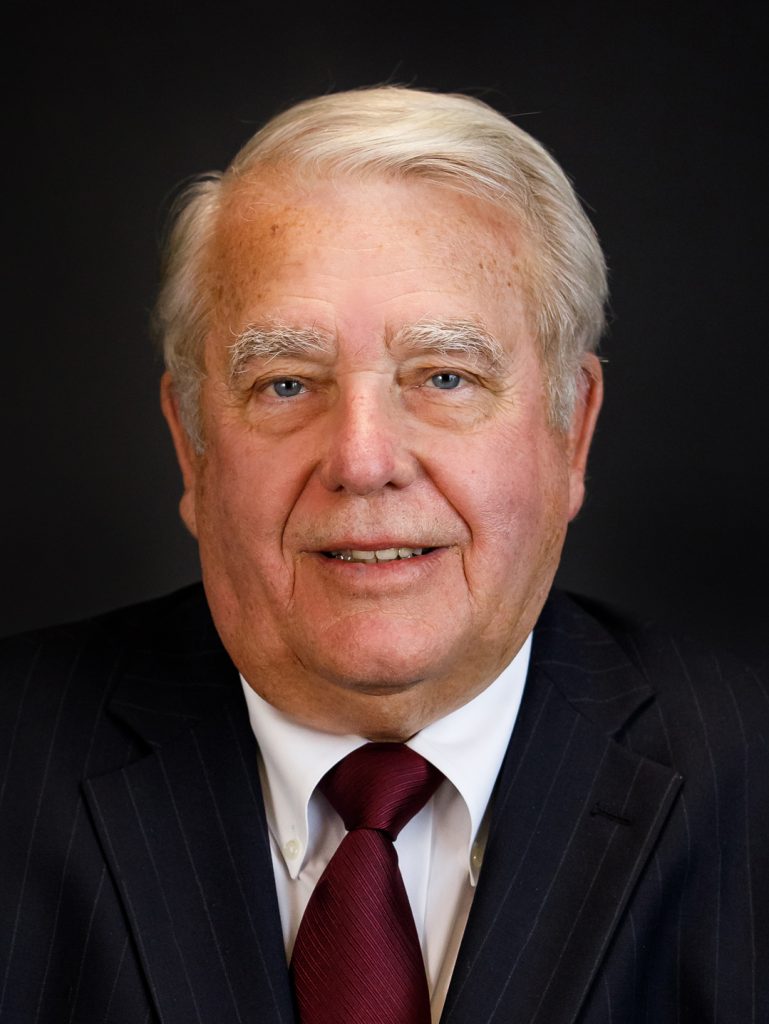
Council for Clean & Reliable Energy
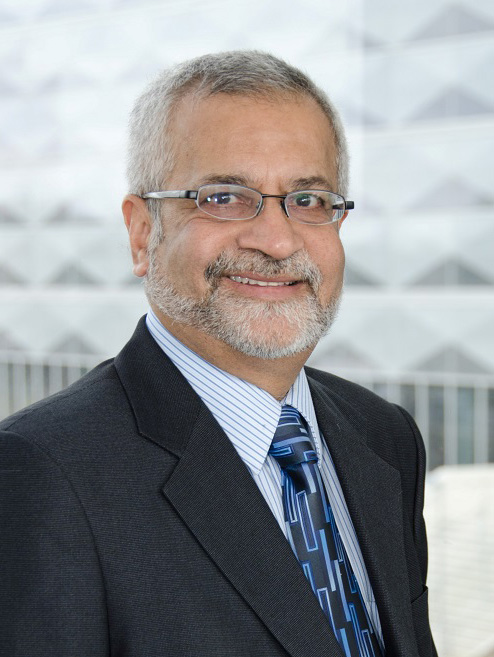
Forum Co-Chair Executive Director, WISE University of Waterloo
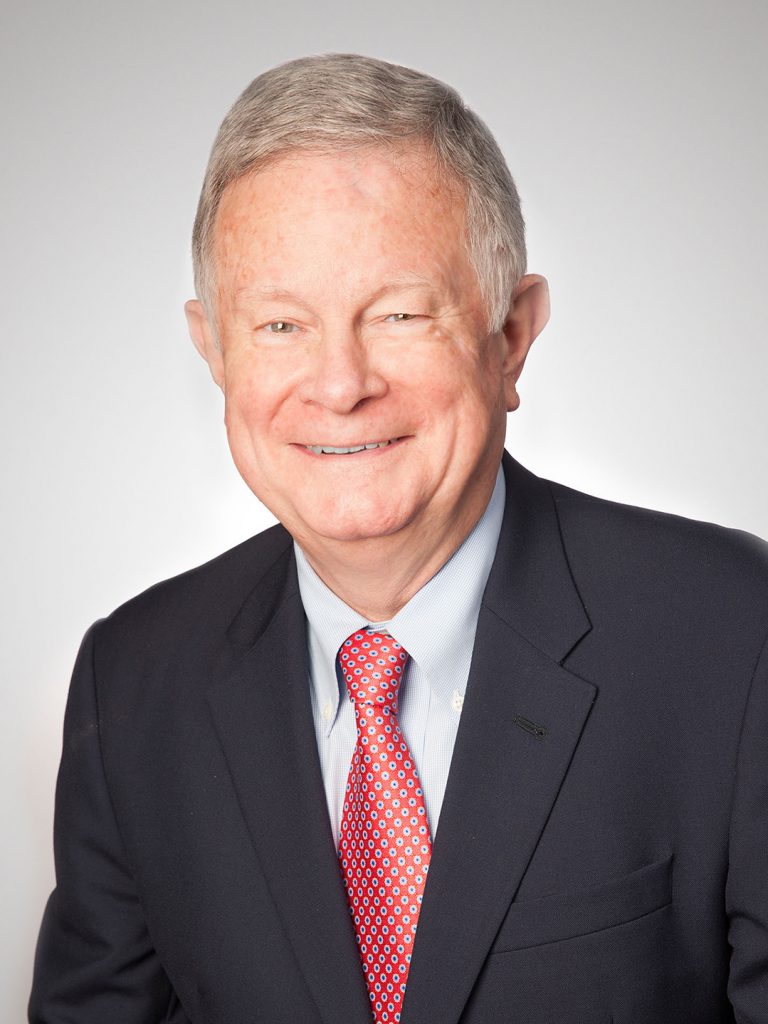
Forum Co-Chair, Counsel, Gowling WLG (Canada) LLP
2018 Post-Forum Summary of Proceedings
Keynote Speaker
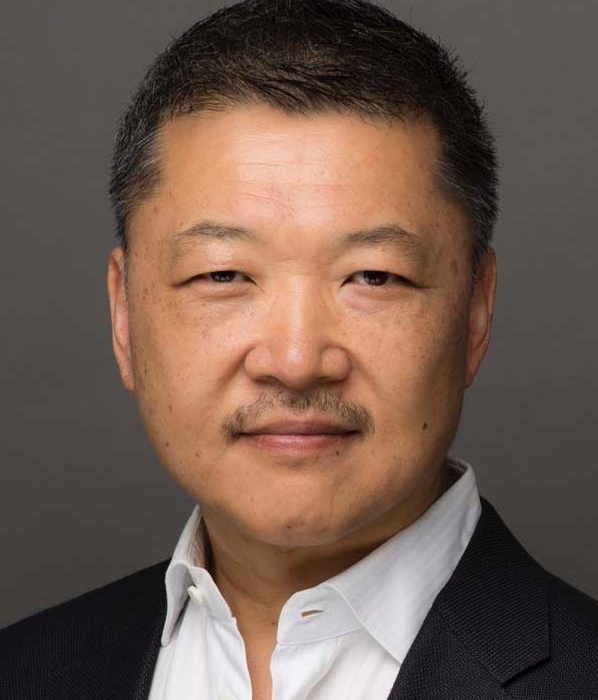
MaRS Discovery District
Feature Innovation Project
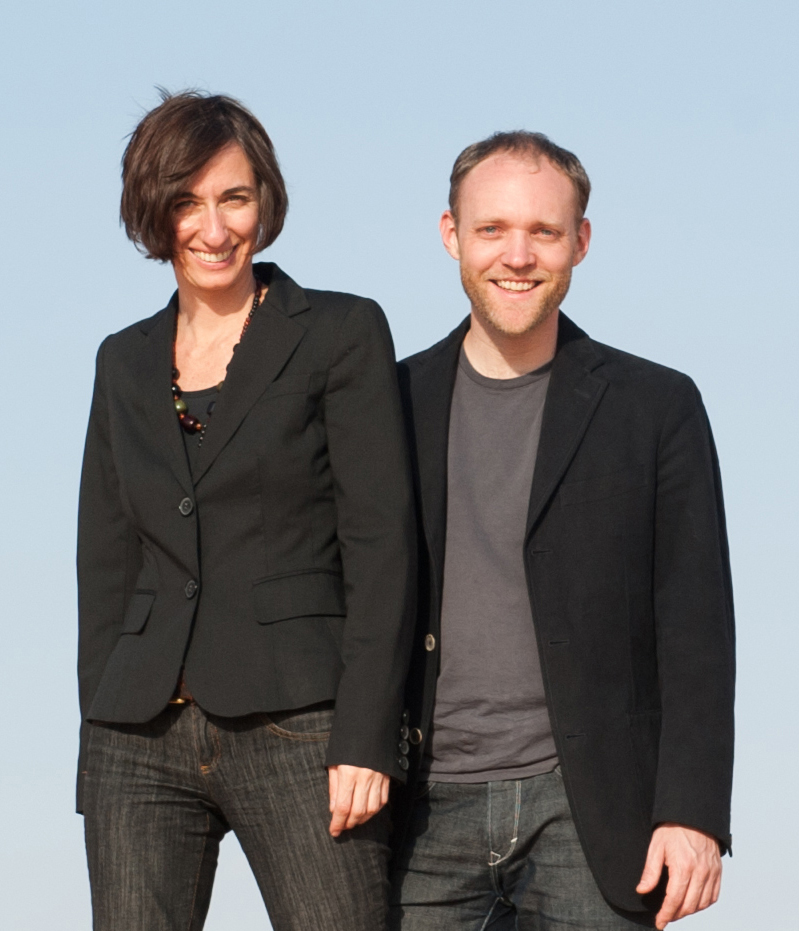
Founding Co-Directors Land Art Generator Initiative
Keynote Presentation
Feature Innovation Project
Forum Presentations
Promise and Perils of Technology Disruption
Sustainability needs innovation and institutions: Ingrid Ott, Markel Commission on Research and Innovation, Chair in Economic Policy, Karlsruhe Institute of Technology (PDF)
Small Utility – Infinite Capability: Raymond Tracey, President and CEO, Essex Power Corporation (PDF)
Promise and Perils of Technology Disruption: Dr. Catherine Rosenberg, Canada Research Chair in the Future Internet, Cisco Research Chair in 5G Systems, University of Waterloo (PDF)
Global Energy Network Evolution: Joshua Wong, CEO, Opus One Solutions (PDF)
Financing Business Models: The Good, the Bad, and the Ugly
Ontario Centre of Excellence – Focus on Cleantech: Dr. Tom Corr, President and CEO, Ontario Centres of Excellence (PDF)
Angel Investors Ontario: Jeffrey Steiner, President and Executive Director, Angel Investors Ontario (PDF)
Technology Developer Presentations
Commitment to Sustainability: Julie Morin, Intelligent Cloud Business, IOT Global Black Belt SSP, Microsoft Canada (PDF)
Digitalization Changes Everything: Alif Gilani, Head of Engineering, Energy Management Division, Siemens Canada (PDF)
Digital Transformation in Energy: Ian Gallagher, Digital Strategy and Architecture, Cisco Canada Public Sector (PDF)
Innovative Showcase

The Innovation Showcase featured product and innovative technologies from both corporate and institutional sources. Representatives from industry, academia, innovators, entrepreneurs, and policy makers had the opportunity to connect with the innovators in a dedicated area incorporated into the conference facility.
University of Waterloo Lab Tours
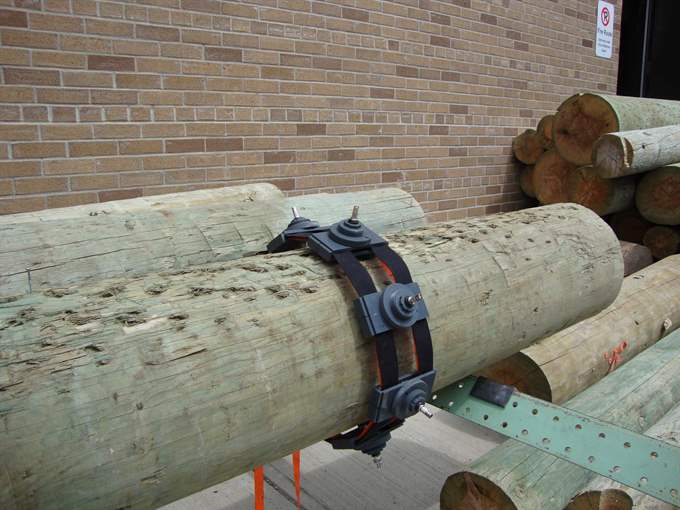
Non-Destructive Testing (NDT) Lab
Around the world, cities are facing a major challenge: What to do about aging infrastructure such as bridges, water mains, roads, and electrical transmission lines. How can engineers know if they have years of life left in them or are on the verge of collapse?
University of Waterloo research teams are developing innovative techniques to help distinguish the good from the bad in materials ranging from concrete to wood – without manually taking the system apart.
Take the example of wooden hydro poles. How do you detect rot when a pole is still in service? According to University of Waterloo engineers, the solution is ultrasonic. Fernando Tallavo, Giovanni Cascante and Mahesh D. Pandey have devised a non-destructive method for detecting the early stages of decay by sending ultrasonic waves through the pole.
By measuring how the waves dissipate and how the velocity is affected by the density of the wood, the researchers can produce a cross-sectional computer image that pinpoints areas of decay. The remaining strength ratio can then be determined by comparing their results with the bending strengths of healthy poles. As a result, they can judge whether the pole meets National Electrical Safety Code standards.
Simple, cost-effective, and efficient, the “UWpole-Testing” approach could root out rot within the province’s hydro poles before it causes costly electricity outages. As the saying goes, an ounce of prevention is worth a pound of cure.
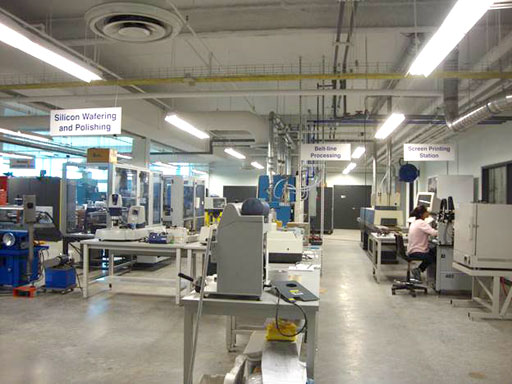
Centre for Photovoltaic Devices and Systems
Promotes cutting-edge research and development that spans the spectrum of photovoltaic (PV) technology. Our 14,000-square-foot facility includes infrastructure for synthesizing semiconductor base materials; developing nanotechnologies for PV; designing and fabricating advanced PV devices and systems modules; and testing and characterizing PV materials, devices, and systems.
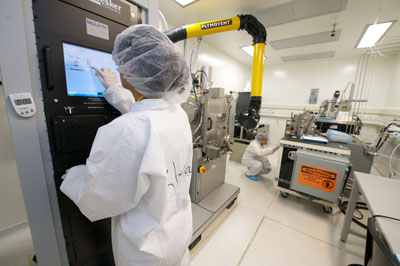
Giga to Nanoelectronics Centre
The Giga-to-Nanoelectronics (G2N) Centre at the University of Waterloo. G2N is a unique facility at the University of Waterloo and Canada, offering a wide range of capabilities for processing electronic materials and devices.
Established in 2005, the Centre is a hands-on facility providing users training and access to run their own research. This facility consists of groups within the University of Waterloo and external partners that make up the interdisciplinary research that spans nano-materials to large-area electronics. In addition to facilitating academic research programs, G2N also provides the capability to develop and prototype novel and emerging technologies for commercial applications.
Forum Organizers

The Council for Clean & Reliable Energy (CCRE) is a non-profit organization that provides a platform for public dialogue and analysis on subjects related to energy policy. The CCRE was formed by a group of volunteers from universities, public and private sector business leaders, and labour. The CCRE Members collaborate to broaden the public debate on issues related to energy and governance.
Energy leaders from around the world have attended facilitated conferences focused on sharing knowledge, experiences, and expertise to create a better understanding of the challenges and potential solutions to common areas affecting energy in Canada and abroad. To date, the Council has hosted conferences on distributed generation, biomass, coal and nuclear, public sector governance in the electricity sector and the future of local distribution companies. Annually, the CCRE hosts the Energy Leaders Roundtable and the Innovation Technology and Policy Forum. In addition, the Council encourages energy experts to provide reasoned opinions and points of view about significant issues relevant to the sector. The CCRE Commentary is published, distributed to opinion leaders, and made available to the public.
The Council understands the value of creating a broader and more inclusive public discourse. During the last decade, its efforts have been recognized and appreciated by decision-makers in government and the energy business as providing a neutral forum for the free exchange of ideas and opinions. The Council remains committed to continuing to facilitate debate on the generation, transmission, and distribution of clean, affordable, and reliable energy with a clear focus on finding effective solutions for Canada and abroad.
The Waterloo Institute for Sustainable Energy (WISE) was established at the University of Waterloo in 2008. The Institute comprises more than 100 faculty members with graduate students and postdoctoral fellows working as multi-disciplinary research teams across Engineering, Science and Environment. The Institute provides a focal point for energy research at Waterloo and creates the best possible research platforms for faculty to test their ideas, engage with their peers, and partner with external organizations to accelerate the pace of research, development, and deployment of practical solutions.
Research initiatives developed at WISE are of an interdisciplinary nature – spanning theory and experiment – encompassing a broad range of expertise across several faculties and departments. In a short period of ten years, WISE has grown to become Canada’s largest concentration of researchers in academia devoted to sustainable energy. The Institute has created positive relationships with senior energy leaders from all sectors and has generated significant opportunities for its members to advance energy research. WISE continues to intensify communication and outreach programs to share the knowledge created and to cultivate energy literacy. WISE – and the University of Waterloo – are becoming internationally recognized as leaders in addressing the global energy challenge.
Event Supporters







